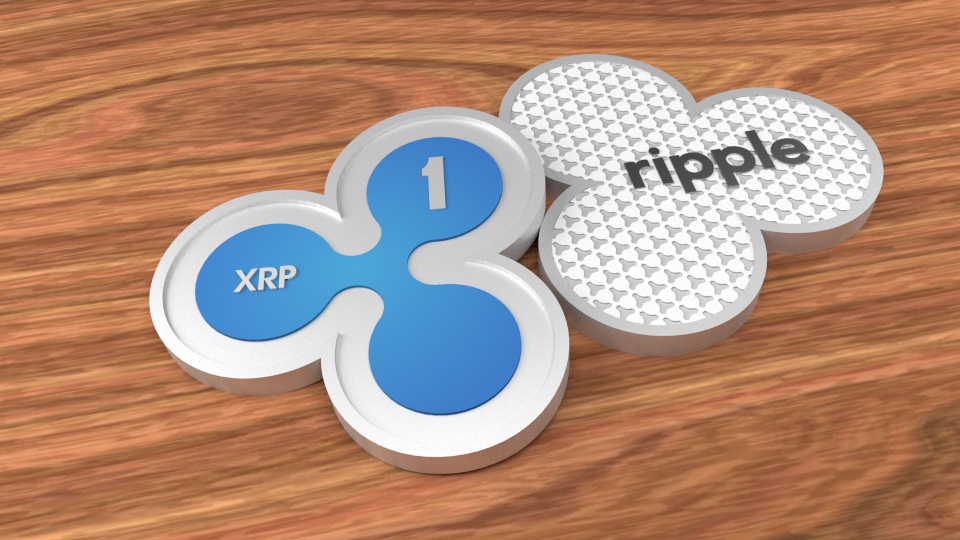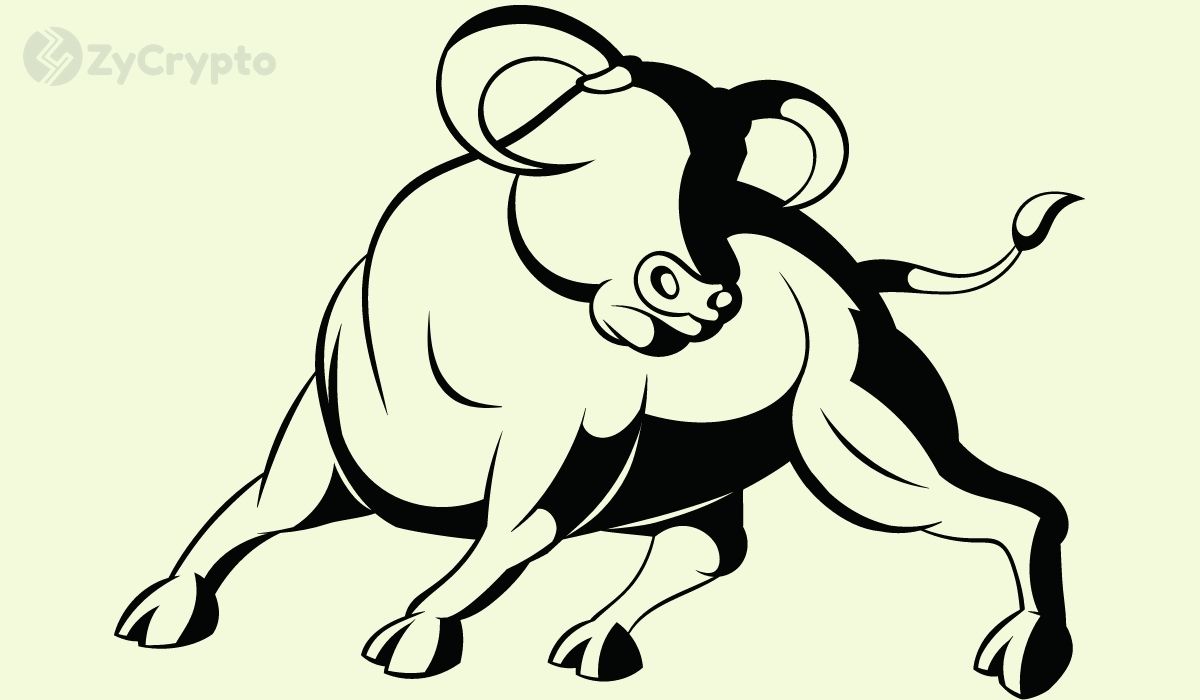2018-7-6 01:52 |
Today marks the official deadline by which Indian banks have to end any relationship with cryptocurrency exchanges. India’s federal government has had some of the harshest regulatory legislation aimed at cryptocurrencies of any country to date.
This recent ban prohibiting banks, financial institutions and other regulated entities from participating in any crypto-related transactions has been in effect in India since April 6. The push for a ban on cryptocurrency has been lead by India’s central bank, which serves as the main financial regulator in the country. The central bank has been turning to arguably dated Indian laws—such as a mandate that all coins be made of metal—to help drive Indian law makers away from any acceptance of virtual currencies.
The central bank has also been actively drawing attention to the recent security issues and price volatility of cryptocurrency to embolden the skepticism of India’s policymakers. Numerous attempts to repeal the ban have been made by virtual currency start-ups such as Flinstone Technologies Pvt. Ltd. and Kali Digital Ecosystems Pvt. Ltd. However, these appeals have largely fallen on deaf ears.
An article published today by the Times of India outlines the various courses of action Indian cryptocurrency investors will need to follow to recover their funds and continue trading. The article explains that thousands of online fiat-to-cryptocurrency exchanges will no longer be possible:
“Till now, one could buy or sell cryptocurrencies such as Bitcoin on exchanges. The process involved transferring money to a bank account linked to the exchange and getting the equivalent number of Bitcoins. Starting today that won’t be possible. Some exchanges will become peer-to-peer (P2P)—it connects you with a fellow trader, with whom you can buy or sell bitcoins. P2P trading, as of now, will only let you trade bitcoin for another crypto, say litecoin, and not fiat.”
The article goes on to suggest that a number of traders will likely turn to black markets to convert their cryptocurrencies into fiat. The ban will likely provide a tremendous barrier to entry for any new cryptocurrency investors entering the market. Being forced to work through peer-to-peer transactions and black markets will force new investors to pay high premiums for virtual transactions.
Today’s deadline will likely lead to significant amounts of money tied to investors and exchanges being frozen by banks. Crypto-related money that hasn’t already been withdrawn from banks will likely be seized, potentially with no recourse for account holders.
There is hope that given the demands in India for crypto trade, new transaction services will take the place of banks. One suggested method is for Indian investors to purchase Bitcoin through the popular online wallet company, PayPal. However, this method will still likely incur more fees than there would have been if there were no ban.
A formulated final ruling on the ban is expected to soon be written into law by India’s finance ministry.
Globally, there have been increased efforts among nations to outline legislation that will allow the growth and development of blockchain technologies. Reports from international agencies like the EU have encouraged regulators not to ban or ignore cryptocurrencies, and to instead seek joint international solutions:
“VCs should be treated by regulators as any other financial instrument, proportionally to their market importance, complexity, and associated risks … Given their global, trans-border character, it is recommended to harmonize such regulations across jurisdictions.”
The Indian government will likely maintain its ban on crypto until the market proves to be stable and secure.
G.V. Anand Bhushan, a partner, at Shardul Amarchand Mangaldas & Co. recently told Bloomberg, “Nobody is able to price the risk currently. The minute you have clarity on exchanges and whether digital currencies can be used as a medium of exchange or payment, or if it is a commodity, there will be less speculation and much more stability in pricing.”
Much of India’s future with cryptocurrencies is tied to the market becoming stable. Should market conditions improve. we might see India revise its strict regulations against crypto, just as large internet companies like Facebook are in the midst of doing. Until that time Indian cryptocurrency trade will likely be reserved for black markets.
The post Indian Banks Banned from Participating in Cryptocurrency-Related Transactions appeared first on UNHASHED.
Similar to Notcoin - TapSwap on Solana Airdrops In 2024
TodayCoin (TODAY) на Currencies.ru
|
|












